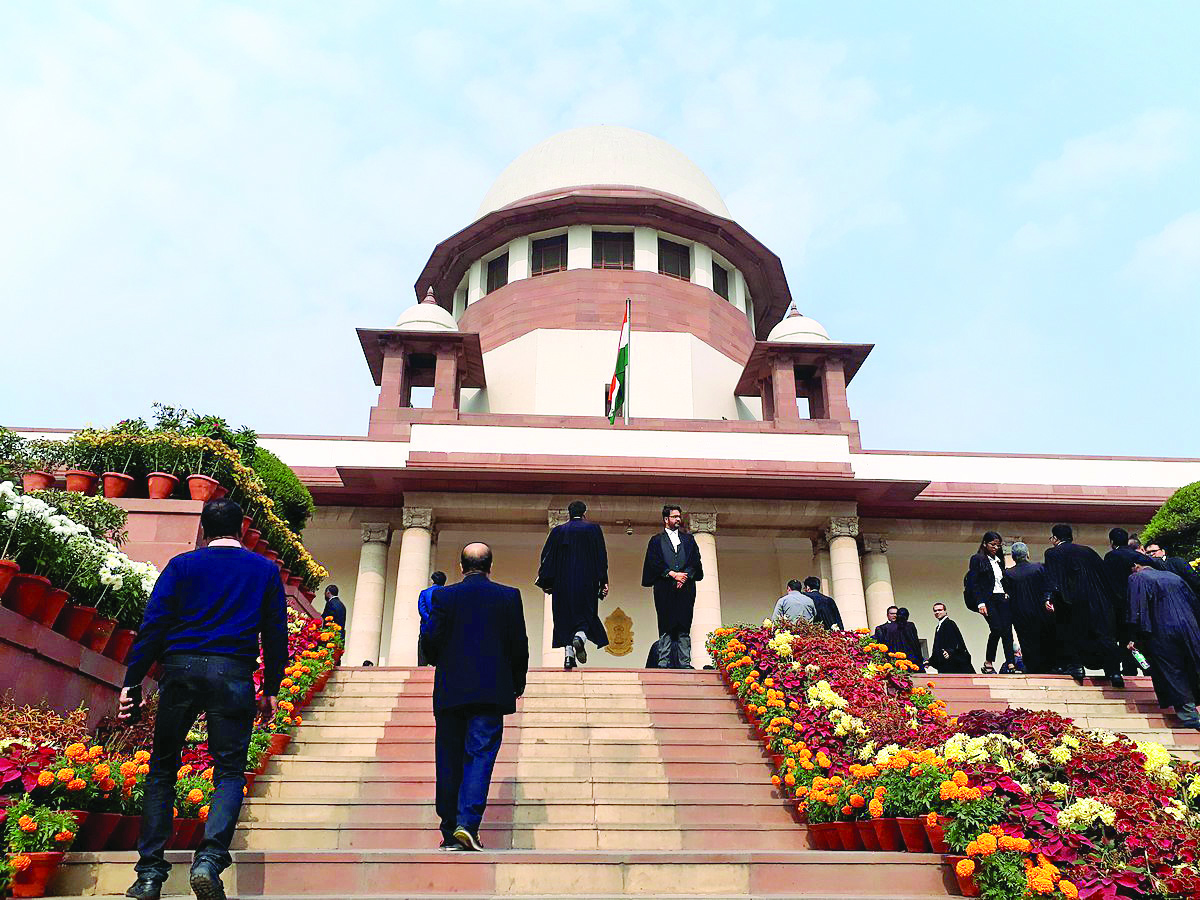'No additional restrictions can be imposed on ministers'

New Delhi: The Supreme Court on Tuesday ruled that no additional restrictions can be imposed on the freedom of speech of public functionaries, ministers, MPs and MLAs under Article 19(2) of the Constitution. The observation was made by the five-judge Constitution bench that comprised Justices S Abdul Nazeer, B R Gavai, A S Bopanna, V Ramasubramanian and B V Nagarathna.
The order stated, "no additional restrictions, other than those prescribed under Article 19(2) of the Constitution, can be imposed on a citizen under the right to freedom of speech and expression".
The top court also said that the statements made by the minister, even if traceable to any affairs of the state or protecting the government, cannot be attributed vicariously to the government even applying the principle of collective responsibility. The minister is liable for the statement himself, the bench added.
In a separate judgment, Justice Nagarathna gave dissent views on some of the issues saying: "For a country like us, freedom of speech and expression is a much-needed right so that citizens are well informed and educated on governance. Public functionaries and celebrities having regard to their reach and impact they have on the public have to be more responsible and be more restrained on speech since it impacts the citizens at large."
Justice Nagarathna also added that it is for the political party to control the speeches made by their ministers which can be done by forming a code of conduct. Any citizen who feels attacked by such speeches or hate speech by public functionaries can approach the court for civil remedies.
The verdict of the Apex Court came on pleas relating to the limits of the right to freedom of speech and expression for high public functionaries such as a Minister of a State, MPs and MLAs. The case involves whether a minister can claim under the right to 'freedom of speech and expression' to speak contrary to the Central government's statute and policy. The top court had to decide whether any greater restriction can be imposed on public functionaries' right to freedom of speech and expression, than those mentioned under Article 19(2) of the Constitution.



